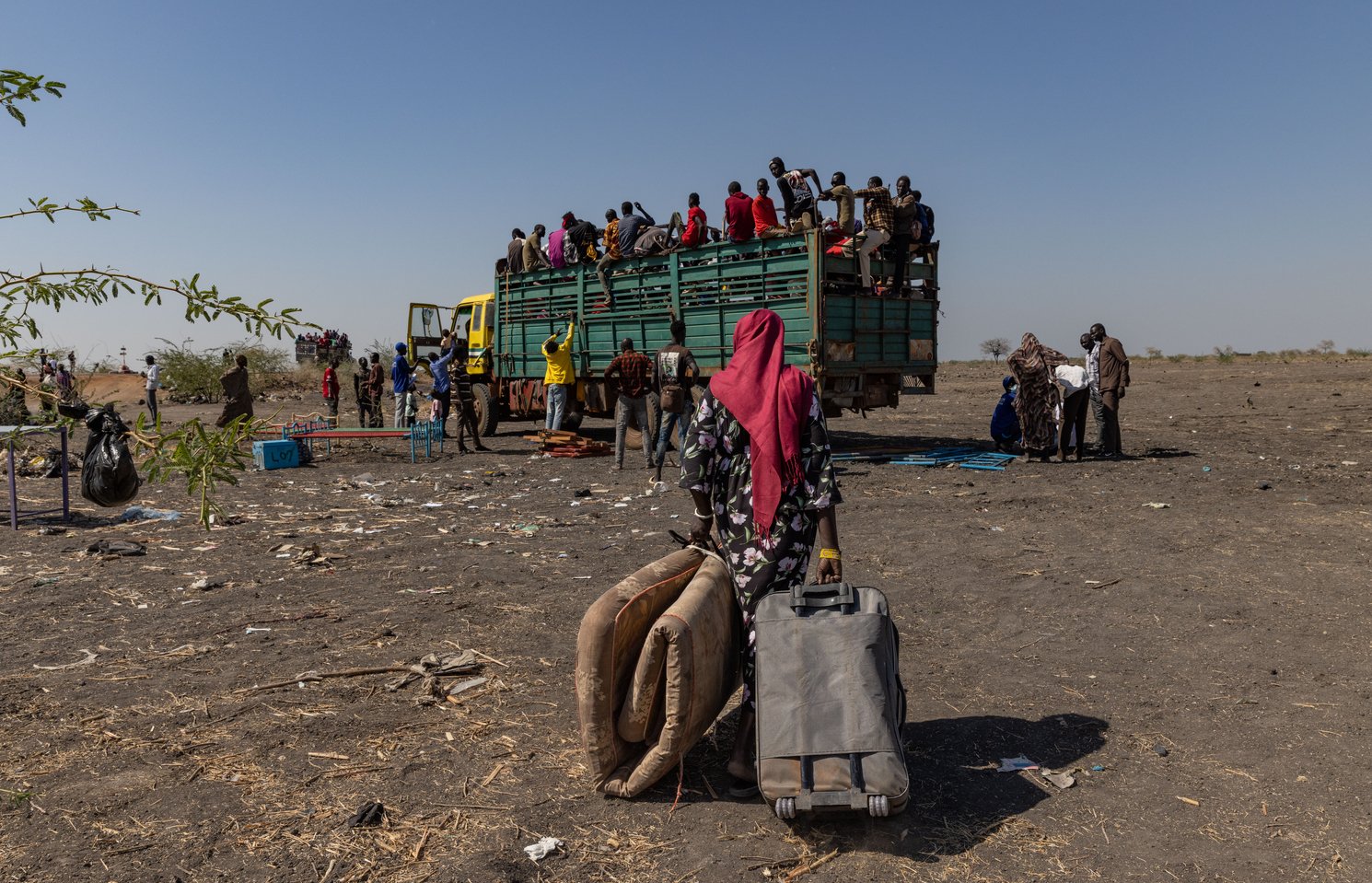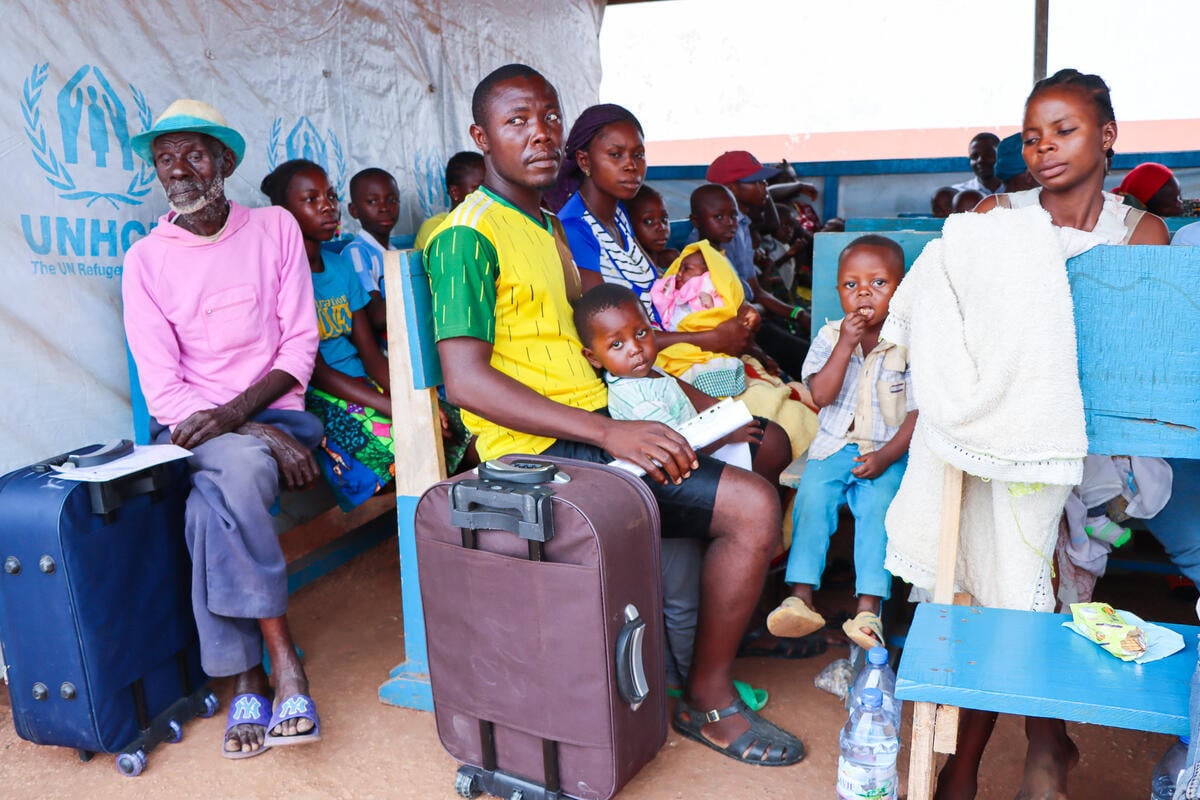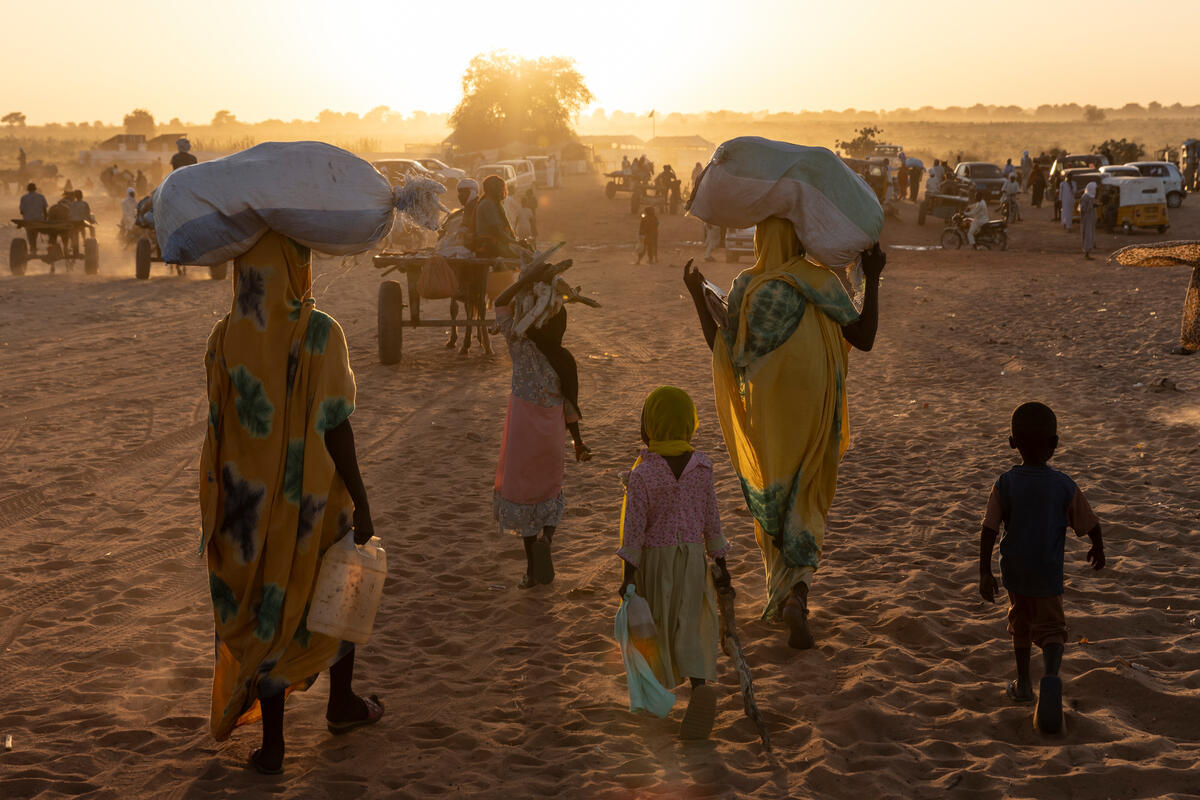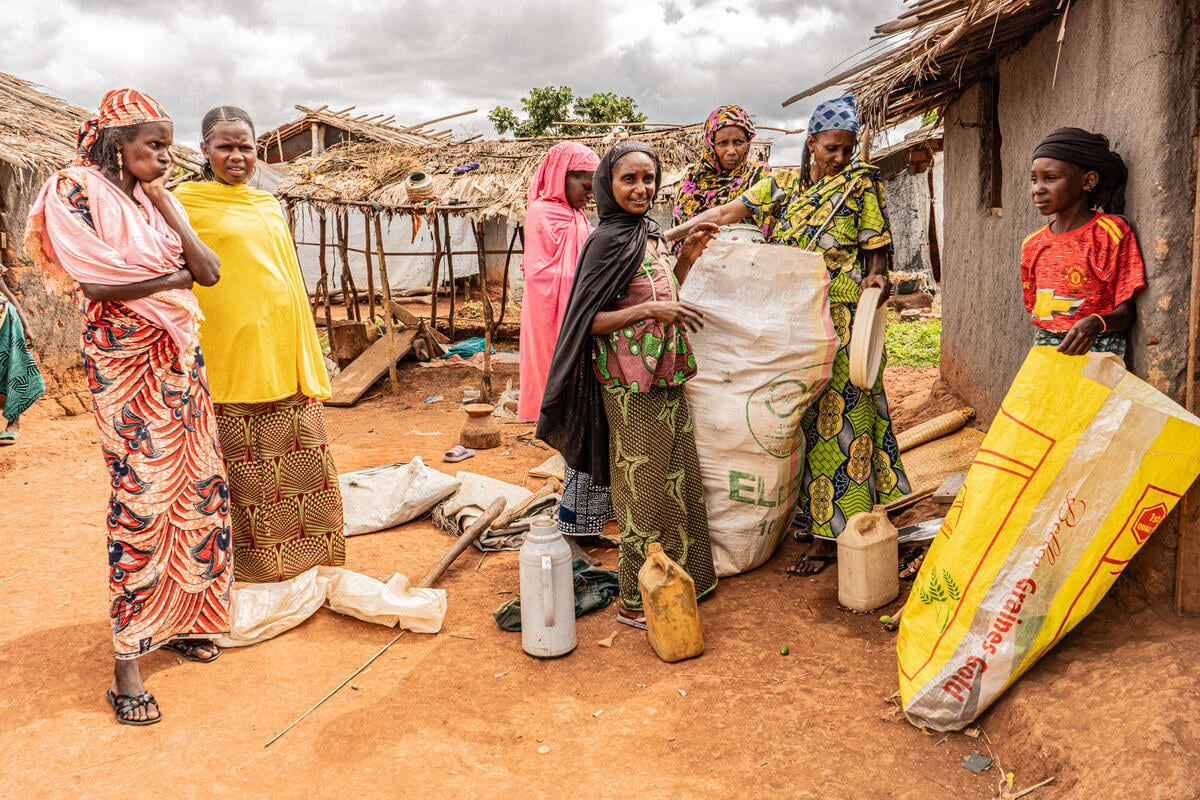UN refugee agency chief calls on Latin America to champion protection and solutions for displaced populations
UN refugee agency chief calls on Latin America to champion protection and solutions for displaced populations
The UN High Commissioner for Refugees António Guterres, Thursday, called on countries in Latin America and the Caribbean to stand-up in championing the cause of refugees and those displaced in the region by conflict and violence.
"Latin America should further expand its strong asylum tradition and innovation by setting high protection standards and finding sustainable solutions for people affected by years of conflict, persecution and human rights abuses," Guterres said while meeting ambassadors from Latin America and the Caribbean in Geneva.
The meeting launched the commemoration of the 30th anniversary of the Cartagena Declaration on Refugees - known as the Cartagena +30 process. The commemorations campaign, which includes several regional meetings, will culminate in a Ministerial event in Brasilia in December 2014, where states are expected to adopt a regional Declaration and a new Plan of Action to enhance the protection framework for displaced and stateless people in the decade to come.
Developed against the backdrop of conflicts in Central America, the 1984 Cartagena Declaration is a regional instrument stemming from the region's long-standing generous practice of granting asylum to those in need of protection.
"The 30th anniversary of the Cartagena Declaration provides a renewed opportunity to the Americas region to lead the way with fair asylum systems, finding sustainable solutions and eradicating statelessness," the High Commissioner said in his opening remarks.
The region has been dealing with complex issues of protracted displacement, mixed migratory flows and statelessness, but its strong record in asylum and protection issues will help it address these challenges, according to Guterres.
"I am very confident that states in the region will combine efforts to ensure the welfare and safety of the people in mixed migration movements, especially women and children. Latin America will again show leadership in tackling the protection needs of those affected by violence targeting individuals and families," he said. "Building on the region's best practices in urban refugee protection, livelihoods strategies and responses to sexual and gender based violence, Latin American countries can become a propeller for an enhanced global protection agenda."
Discussions within the framework of the Cartagena +30 process will also encourage countries to commit to eradicating statelessness in the region by 2024 and to consolidate a Latin American solidarity resettlement program, which will help both refugees from the region and from abroad.
For more information on this topic, please contact:
- In Bogota, Francesca Fontanini on mobile +57 312 457 28 04
- In Brasil, Luiz Fernando Godinho on mobile +5561 8187 0978
- In Geneva, Babar Baloch on mobile +41 79 557 9106








